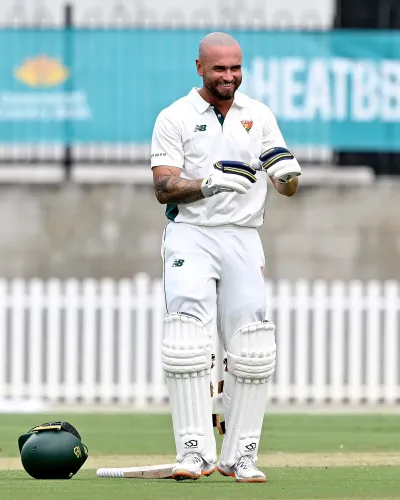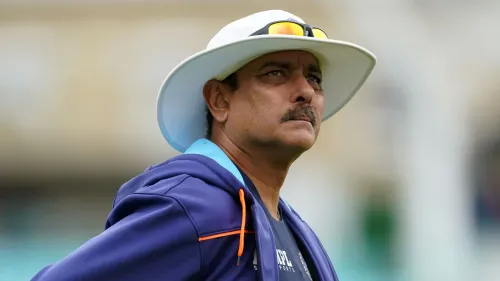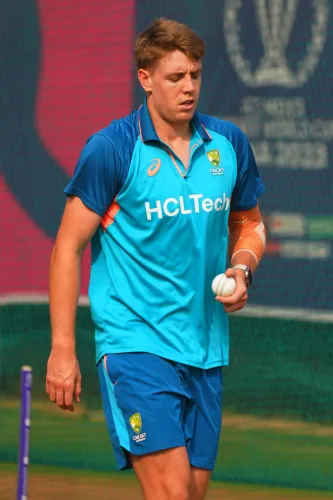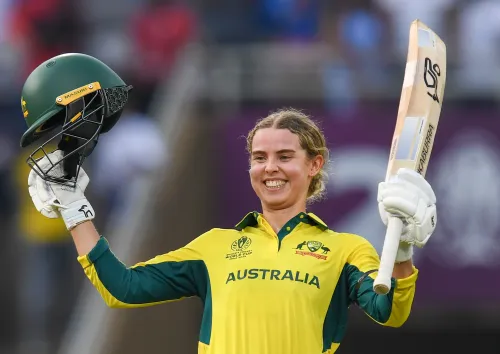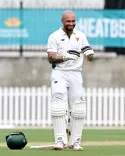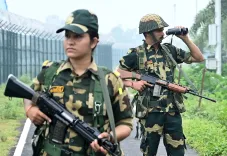What Happened During IPL 2025 When Chaos Struck in Dharamsala?
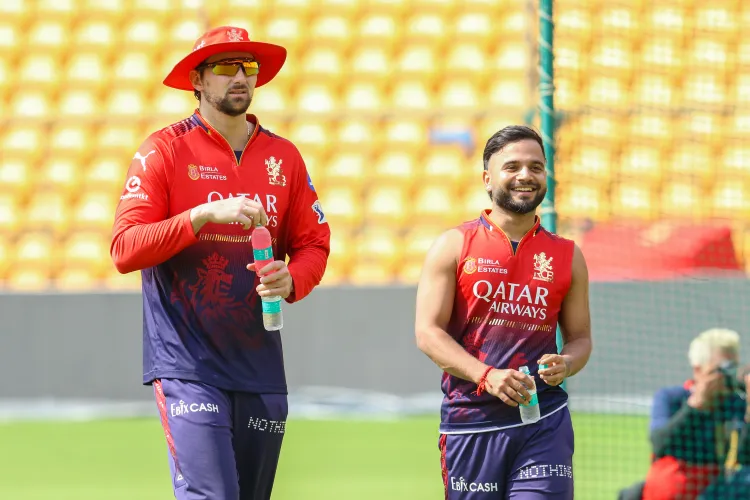
Synopsis
Key Takeaways
- Mo Bobat's insights on the IPL 2025 suspension
- Safety protocols established for players
- Rapid response from RCB management
- Importance of communication with overseas players
- Impact of geopolitical events on sports
Bengaluru, May 16 (NationPress) “What an extraordinary evening”: This is how Mo Bobat, the Director of Cricket for Royal Challengers Bengaluru, described the moment when the Indian Premier League (IPL) 2025 abruptly halted on May 8 due to unexpected military tensions between India and Pakistan.
RCB had just wrapped up their practice session in Dharamsala, gearing up for their match against Lucknow Super Giants on May 9. While heading back to the hotel on the team bus, players began to sense something was off.
“Many of the players were glued to their phones, watching the Punjab Kings vs Delhi Capitals match,” Bobat recounted. “Out of nowhere, the floodlights went out, and players left the field. We were uncertain about what was happening.”
It was only upon arriving at the hotel that the gravity of the situation began to dawn on them. Rapid-fire reports and rumors circulated — mentions of conflict, security alerts, and the looming possibility of the tournament's suspension. “There was a lot of bewilderment, a lot of chatter in the hallways,” Bobat noted. “That evening was rife with speculation, and by the following morning, we received confirmation that our match was canceled and the IPL was being put on hold.”
In that moment, Bobat expressed genuine worry that the season might be over. “Initially, we thought the competition would be suspended for an indefinite period. You don’t usually expect a conflict like that to be resolved quickly.”
The primary concern swiftly transitioned to ensuring the safety and welfare of the players. “We were eager to send the players home as it was a good chance for them to take a break. For Indian players, it was relatively straightforward. For overseas players, Andy [Flower] and I had discussions with them about their preferences. Most expressed, ‘We’d prefer to return home during this uncertain phase—but we’re committed, and if necessary, we’ll come back.’”
Just five days later, when the BCCI declared that the IPL would recommence, the RCB management was back in action. What ensued was a hectic 48-hour period filled with coordination, reassurance, and diplomacy.
“We learned on Monday evening that the tournament was resuming,” Bobat remembered. “Overnight, we began assembling as much security detail as we could, as we had to communicate this to the players.”
The operation to recall overseas players was anything but simple—it required direct communication with national cricket boards, including the ECB, Cricket Australia, South Africa, and the West Indies, all of whom needed guarantees about the security conditions for their players' return.
“I arranged video calls with all our overseas players,” Bobat stated. “We guided them through security measures, the amended schedule, and how RCB planned to safeguard them. Providing that clarity was essential—we wanted them to feel secure and eager to return.”

